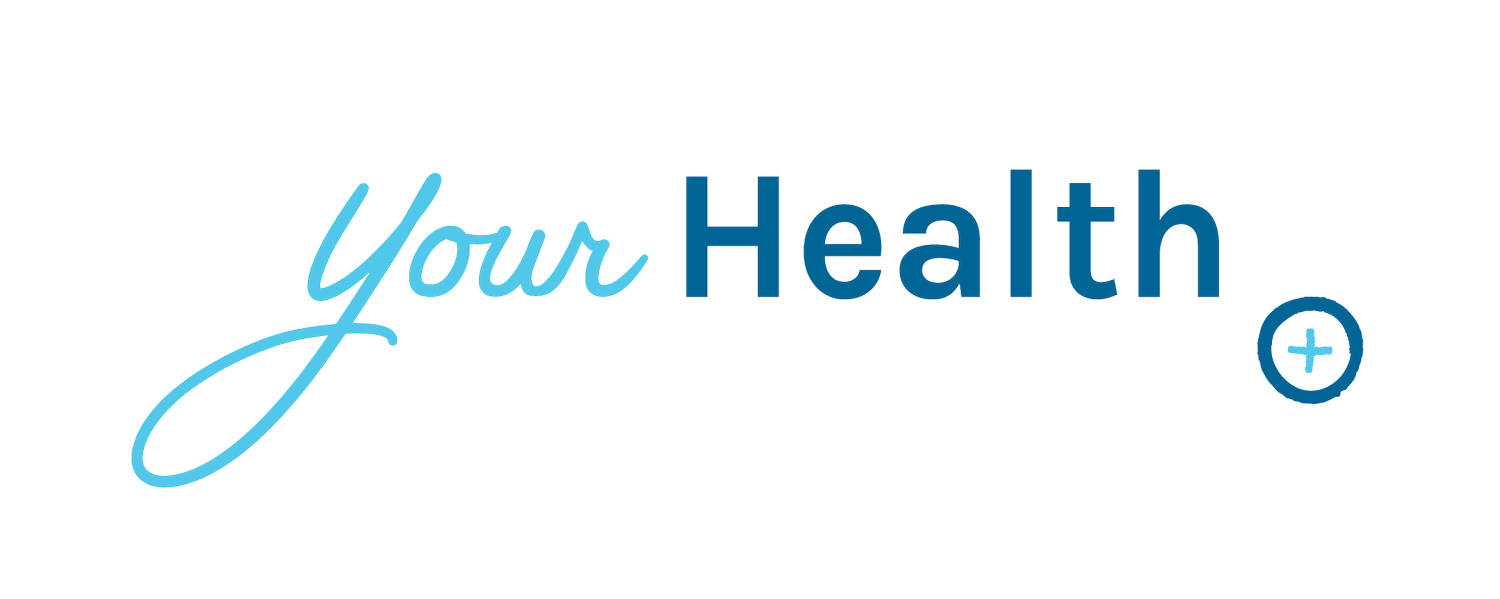Someone was Unkind to Me
Incivility – a silent threat, often manifested in subtle snubs, condescending remarks, or passive-aggressive behavior, a subtle yet pervasive issue, is taking a significant toll on employee engagement and patient experience.
Incivility—a silent threat often manifested in subtle snubs, condescending remarks, or passive-aggressive behavior—is a subtle yet pervasive issue significantly impacting employee engagement and patient experience.
The impact on a company as a whole is astounding. From decreased employee engagement to diminished patient experience, and ultimately the financial implications, such as increased turnover, decreased productivity, higher healthcare costs associated with stress-related illnesses, and increased sick days, can all significantly impact an organization's bottom line.
A study by the Workplace Bullying Institute in 2017 revealed a staggering statistic: 98% of healthcare workers reported experiencing incivility, with 19% encountering it daily. Such widespread exposure to unkindness can lead to a host of negative outcomes. According to a 2022 survey, 76% of workers experience incivility at least once a month, and 78% witness it at least once a month.
According to Carnegie Mellon University’s Binyamin Cooper and colleagues (2022), rudeness constitutes a “low-intensity negative behavior that violates norms of civility” that can interfere with a person’s ability to get work done.
Building a Culture of Kindness: Why People Are Rude and Unkind (and Why It’s Not About You)
Try to believe that people are inherently good, and only do bad things in reaction to bad situations. Being unkind, more often than not, is a reaction to anger with ourselves or our perceived inadequacy. When you find people being rude to you in your everyday life, they are being mean to themselves.
They have likely convinced themselves that they are unworthy, which is the biggest tragedy. You don’t have to tolerate it when others are not nice, but it’s not something to take personally. You don’t have to internalize the meanness as a fault of your own. You can recognize that the rude person struggles with their problems and needs a way to cope. You cannot control the actions and behaviors of others, only your reactions to them.
“How people treat other people is a direct reflection of how they feel about themselves.”
If you are the unkind one, it is time for self-reflection. Why do you attack people? What are you trying to protect yourself from? The critical thing to remember, whether you are receiving or giving unkindness, is that you are inherently good, too, and what you or someone else tells you doesn't matter.
Healthcare organizations can improve employee engagement, enhance patient experience, and ultimately deliver high-quality care by taking proactive steps to foster a positive and supportive work environment.
“Whether you’re a CEO, a team leader, or a person from any walk of life trying to make a difference, you’re going to be judged for the little moments, so please make the most of them. In every interaction, you have a choice. Do you want to lift people up or hold them down? Who do you want to be?”
Why Shared Knowledge Matters: Patient Perspective
Your Health supports patients during challenging times. Many feel overwhelmed managing their conditions and struggle for control. Our patient-centered care model enables care teams to deliver tailored solutions for emotional, mental, social, and physical needs.
WRITTEN BY: JENNIFER KISTLER
Your Health is for our patients when they need it most.
Many patients may feel overwhelmed when managing their conditions and feel as if they have lost the ability to control much of their lives.
Fortunately, Your Health’s patient-centered care model allows each patient’s care team to provide customized care solutions to meet their emotional, mental, social, and physical needs.
Did you know that something as simple as explaining our Model of Care empowers our patients?
Shared Knowledge of our care model gives the patient…
Peace of Mind – The patient has an entire healthcare team focused on their success.
Ownership – The patient understands their role in self-monitoring and managing their conditions.
Equip – Allows the patient to anticipate frequency of visits, their value, and who will be involved in their care.
All of this helps to create Trust – Explain things in a way the patient and family will understand.
Health Literacy is a real issue for most patients. Get the patient to give you feedback so you know they understand. Do what you say you are going to do. Share your knowledge and have the patient and family share theirs.
Silent Care: Timely Communication in Patient Care
“I had a kidney infection, and no one told me…………”
How would you feel, as a patient, if your lab work came back abnormal and your primary care provider failed to call you and discuss the results?
WRITTEN BY: KIM METZ, RN
“I had a kidney infection, and no one told me…”
How would you feel, as a patient, if your lab work came back abnormal and your primary care provider failed to call you and discuss the results?
How would you feel in a situation where your mom has an X-ray after a fall, and you never receive any update on her condition? Knowing there are no broken bones can relieve our patients’ and family members’ anxiety, but without that confirmation, you’re left worrying and uncertain.
How would you feel if your lab work came back abnormal and indicated a need for a slight lifestyle or medication change that could have improved the trajectory of your health…but no one ever told you?
Imagine how you would feel if you were worried about a serious condition like cancer, due to symptoms such as blood in your urine. After undergoing a urinalysis, it was discovered that it was merely a kidney infection, but the information was never relayed to you…
All scenarios are potential experiences our patients may face if we don’t take the time to discuss lab results, x-rays, and other test outcomes with them.
Did you know that according to the National Library of Medicine, 96% of patients prefer to receive test results online immediately, even if their healthcare provider has not reviewed them yet? A subset of respondents experienced feeling increased worry after receiving abnormal results. Therefore, studies prove patients want to be informed, even if it's bad news.
In Your Health’s most recent Patient Experience (PX) scorecard from United Healthcare, only 79% of our patients reported receiving follow-up from their primary care provider after blood tests, x-rays, or other exams. We aim for 89%. We can and must do better for our patients.
As a person who cares for others, or as someone who supports those who care for our patients, ask yourself these questions:
Are you teaching your patients how to use the portal?
Are you scheduling a follow-up the same day you order a lab or diagnostic test?
Are you taking the time to explain to the patient the reasons behind ordering the test?
Are providers promptly and efficiently alerted when results are posted in the patient's chart?
Have you identified opportunities to improve the process and taken steps to implement or share those ideas?
Are we improving our patients' experience and reducing their anxiety by providing and reviewing results as quickly as possible?
Our patients need to trust us. They deserve to receive their results promptly, which is the right thing to do.



